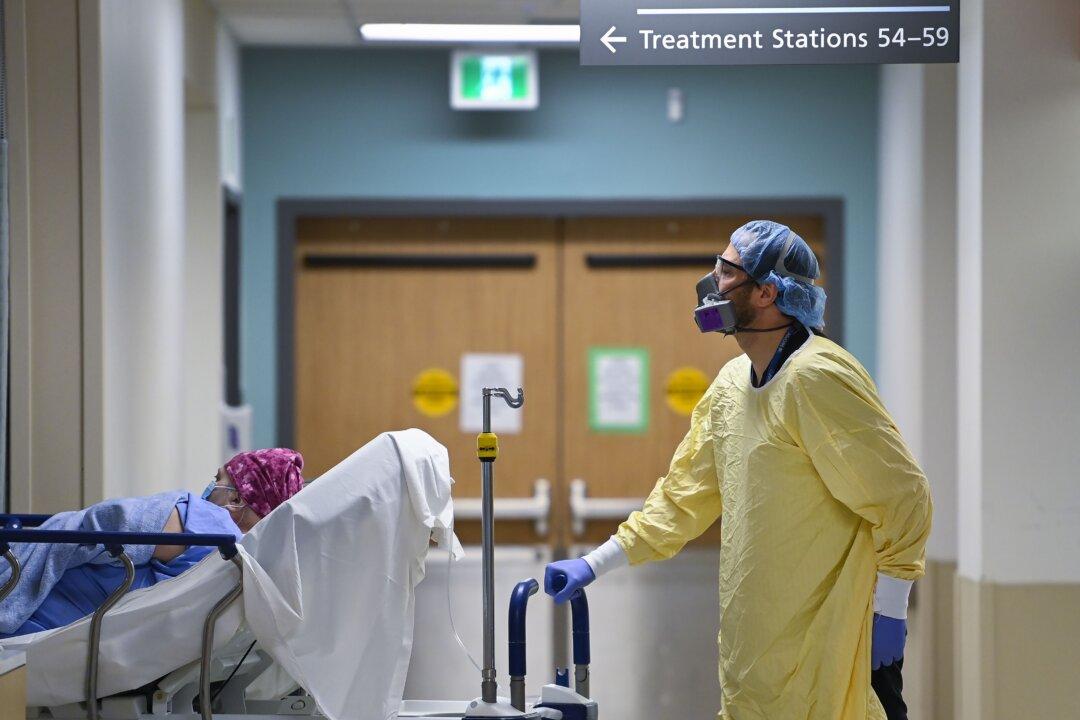Canada’s average health care wait times have hit a record high of 27.7 weeks, according to a recently-released report by the Fraser Institute.
The 27.7-week figure is the longest wait time in the survey’s 30-year history and is 198 percent longer than the 1993 average of 9.3 weeks.





